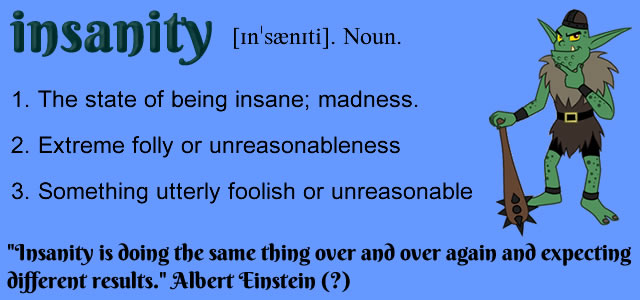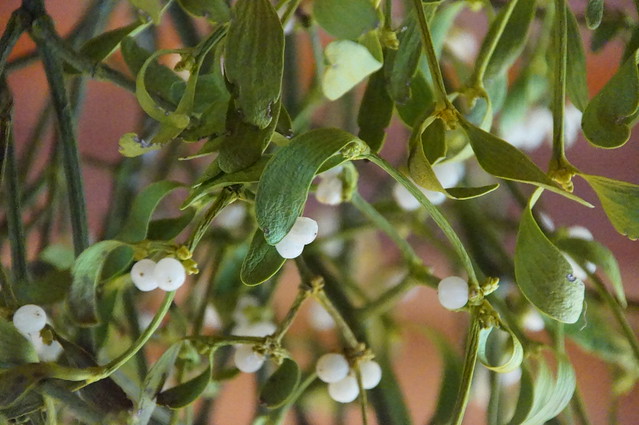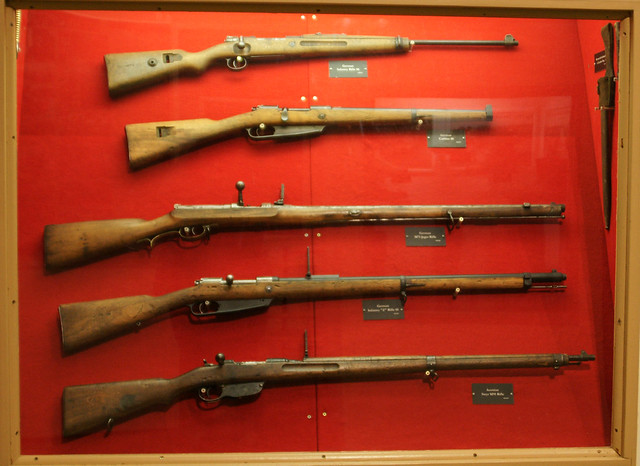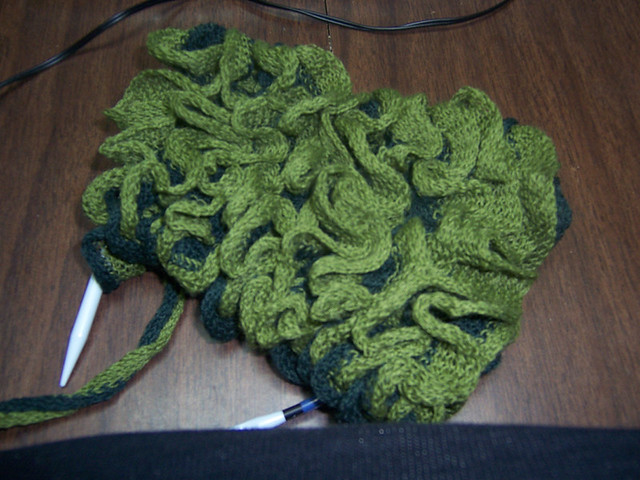The Italian word stanza [ˈstan.tsa] means room or bedroom. I noticed it recently in my Italian lessons, and wondered where it came from. Today I realised that it’s related to the English word stanza (a part of a poem equivalent to a verse), and also has that meaning in Italian.
It comes from Vulgar Latin *stantia (standing, stopping-place), from Latin stantem (standing, staying, remaining), from stō (to stand, stay, remain), from Proto-Italic *staēō (to stand), from Proto-Indo-European *steh₂- (to stand) [source].
The English word stanza [ˈstænzə], which was borrowed from Italian, can also refer to:
- An apartment or division in a building (architecture)
- A segment or portion of a broadcast devoted to a particular topic (broadcasting)
- A period or interval into which a sporting event is divided (sports)
It is also used in computing.
Words from the same roots include stance, stand, distant, estate, stable, stage, state, station, status and store in English, sawdl (heel) in Welsh, Staat (country, state) in German, and stam (tree trunk, stem, tribe, clan) in Dutch [source].
Other words for room in Italian include sala and camera.
Sala can also refer to a hall, living room or cinema (movie theatre), and was borrowed from French salle (hall, room), which ultimately comes from PIE *sel- (human settlement, village, dwelling), via Middle and Old French, Frankish and Proto-Germanic. The English words salon and saloon come from the same roots [source].
Camera is a room, chamber, bedroom, assembly, parliament or camera. It comes from Latin camera (chamber, room, vault), from Ancient Greek καμάρα (kamára – a vaulted chamber, vault), from Proto-Iranian *kamarā- (something curved), from *kamárati, ultimately from PIE *kh₂em- (to bend, curve) [source].
Words from the same roots include camera, cabaret and chamber in English, قَمَرَة (qamara – berth, bunk, cabin) in Arabic, καμάρα (kamára – arch, instep) in Greek, chambre (room, chamber, bedroom) and cabaret (pub, tavern, cabaret) in French, and câmara (chamber, council, camera) in Portuguese [source].
Camera, as in a device for taking photos and/or videos, is an abbreviation of camera obscura (A darkened room in which the image of an outside object is projected and focused onto a surface – see above) from New Latin camera obscūra (“dark chamber”) [source].
In English, camera can also mean a vaulted room or a judge’s private chamber, where cases may be heard in camera (in secret, in private).





















